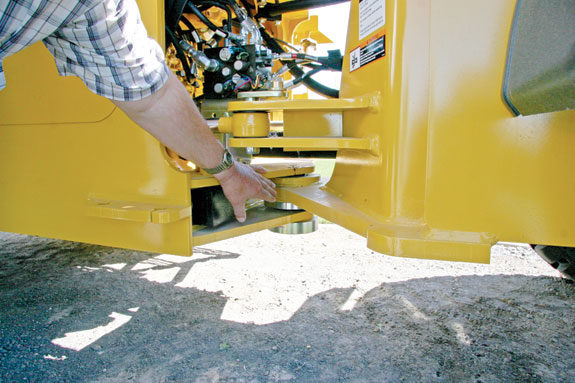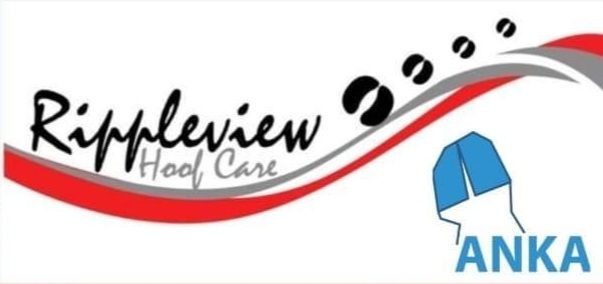Just like a doctor that works on patients all the time, your mechanic knows your machine, and the machines like it, best. They get a lot of the same problems and usually can give you ways to avoid the major problems with minor improvements or maintenance tips. Gunner Kyser, a former student of mine and a service foreman at a local dealership, told me about some of the common problems and quick adjustments that will save owners a lot of money.
Engines
“Lately we’ve had an increase of turbocharger failures,” Kyser says. “A lot of it could be not servicing the engine soon enough and the oil is collecting in the turbocharger itself. Or they aren’t letting the engine cool down for a long enough period of time. A lot of them say they just jump in it and go. I tell them they need to give it 5 minutes of idle time so the oil can thin out and start flowing good.”
Axles
“Some axle failures occur in the wheel bearings,” Kyser continues. “A lot of that is caused from heat issues on feedlot applications. The oil needs to be changed out more often. The service manual says you can change axle oil every 2,000 hours, but there is a severe service or severe duty usage that means you need to change the oil every 1,000 hours. And a lot of them go to the 2,000-hour service. For the guys that are using them on a feed pad application where they are on the brakes a lot, I always recommend that they change it at the same time as they change the engine oil. There is a lot of heat there and the hydraulic oil tends to break down after the heat is created.”
Kyser added that the manufacturer has developed a new oil cooler to help fix this problem. The cooler also has a filter that increases the life of the oil.
Cylinders and shafts
“Most of the leaks in cylinders are from boom cylinders,” he adds. “We don’t see a lot of problems with the bucket cylinders. As a machine gets several hundred hours on it, you might have problems with the steering and that’s going to be those two cylinders that steer it and articulate it in the middle [on a loader]. The packing starts going and then the machine, when you go into a pile, it will articulate to one side. It almost feels like you don’t have control of the steering. It’s just swapping oil in the cylinder. It’s not leaking outside, but it’s leaking internally on the piston cylinder.”
Electrical systems
“Usually the electrical system is pretty tough,” Kyser says. “We don’t see a lot of starters or alternators. The alternator can be a problem when they run it on a feed pad and it sucks cottonseed into it. If it gets plugged full and they don’t get it cleaned out, then the alternator can fail. That can be remedied by using a compressor to blow out the alternator. Clean off your batteries when you service your engine and make sure they are full of water. I see that a lot. People don’t check their water levels and their battery dies in a year or two. Then people come in and want to just repair one battery, but we always recommend they do both of them because the starting system is only as good as the weakest link.”
Drive trains
“Drive shafts are pretty tough too,” he continues. “The one that seems to take the most beating is the one in the middle with the slip joint, right where the machine articulates. As the machine turns and it goes in and out, it needs daily service, making sure it gets grease. Walk around the machine and check it daily.
“While you are greasing that shaft, make sure you check the upper and lower bearing or joint. The lower one always seems to be forgotten because it’s down in the dirt and the mud. You have to get down on your hands and knees to get to it. When that bearing goes out there is a lot of play between the loader frame and the cab frame. It comes out to be a $3,000 or $4,000 repair. In the past month, we have had more articulation bearing failures than we have had turbos or axles, just for the reason of water and dirt getting into that joint due to a lack of grease.”
I have observed how anxious manufacturers are to work with owner/operators to find solutions to system failures. Be sure to ask your service repairmen for assistance. PD

-
Jim Schlund
- Retired Diesel
- Mechanics Professor
- College of Southern Idaho
PHOTO : The lower bearing (above) often is forgotten, but when it’s not greased regularly, it can cause damages that cost thousands to repair. Photo by Ryan Curtis.






